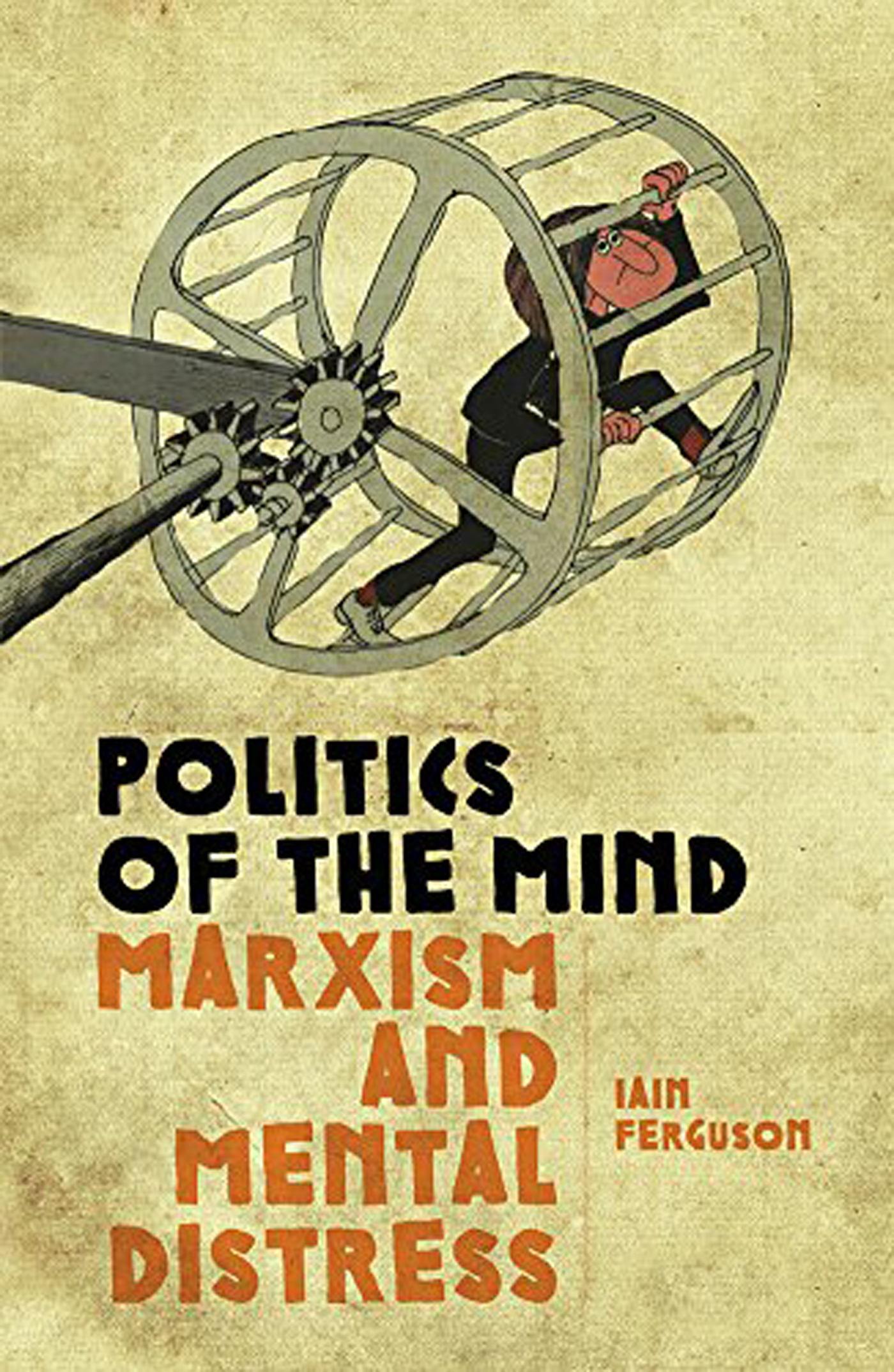
This book unashamedly presents a contemporary political analysis of mental distress and health service provision. Bookmarks are a socialist publishing house and Iain Fergusson a prominent political activist and social work academic. Indeed one of the strengths of the text is Fergusson's attention to research evidence and critical theories.
Chapter one The crisis in mental health sets the stage and resonates with the lived experiences of those with mental health problems, their families and staff working in the sector. Fergusson places the increasing levels of mental disorders described by the World Health Organisation and Mental Health Foundation within the context of social, economic and, in particular, work-related factors. He describes ‘the intensification of work’ leading to an ‘epidemic of work related stress’. He also decries the pressures on unemployed and disabled people, particularly since the 2008 financial crash, and a ‘brutal’ benefits system, all of which he sees as contributing to increasing mental ill health in our society.
Subsequent chapters explore these themes in detail with reference to Marx, Laing, Lacan and others. Fergusson presents a review of the history of psychiatry in which he argues that psychiatrists have tended to over-medicalize mental distress. This historical approach provides useful background reading relevant to current dilemmas: contemporary psychiatrists often find themselves wrestling with debates about the relative importance of biological and social models of mental distress and how these different elements interact.
Fergusson also raises concerns about how attempts to dispense with the medical concept of ‘mental illness’ may, as an unintended consequence, make it harder to defend cuts to existing, publically-owned mental health services. He also acknowledges how the Royal College of Psychiatrists has continued to draw on an illness model in order promote parity between mental and physical health service funding.
In conclusion, Fergusson attends to criticisms of both antipsychiatry and over-medicalization. In doing so he helps to progress the debate and calls for collaboration between those from different backgrounds and paradigms who are concerned with improving services ‘through critical and non-reverential debate’.
This is a timely and informative book which I would recommend to a wide audience. Fergusson's voice is academic but accessible and the book is divided into clear sections with interesting quotes included. Ferguson raises uncomfortable issues for both psychiatrists and also, at times, for proponents of non-medical approaches including the recovery movement. This book challenged me to think again about political influences on mental distress, my role as a psychiatrist and the importance of considering the historical and social contexts in which we all work.



eLetters
No eLetters have been published for this article.